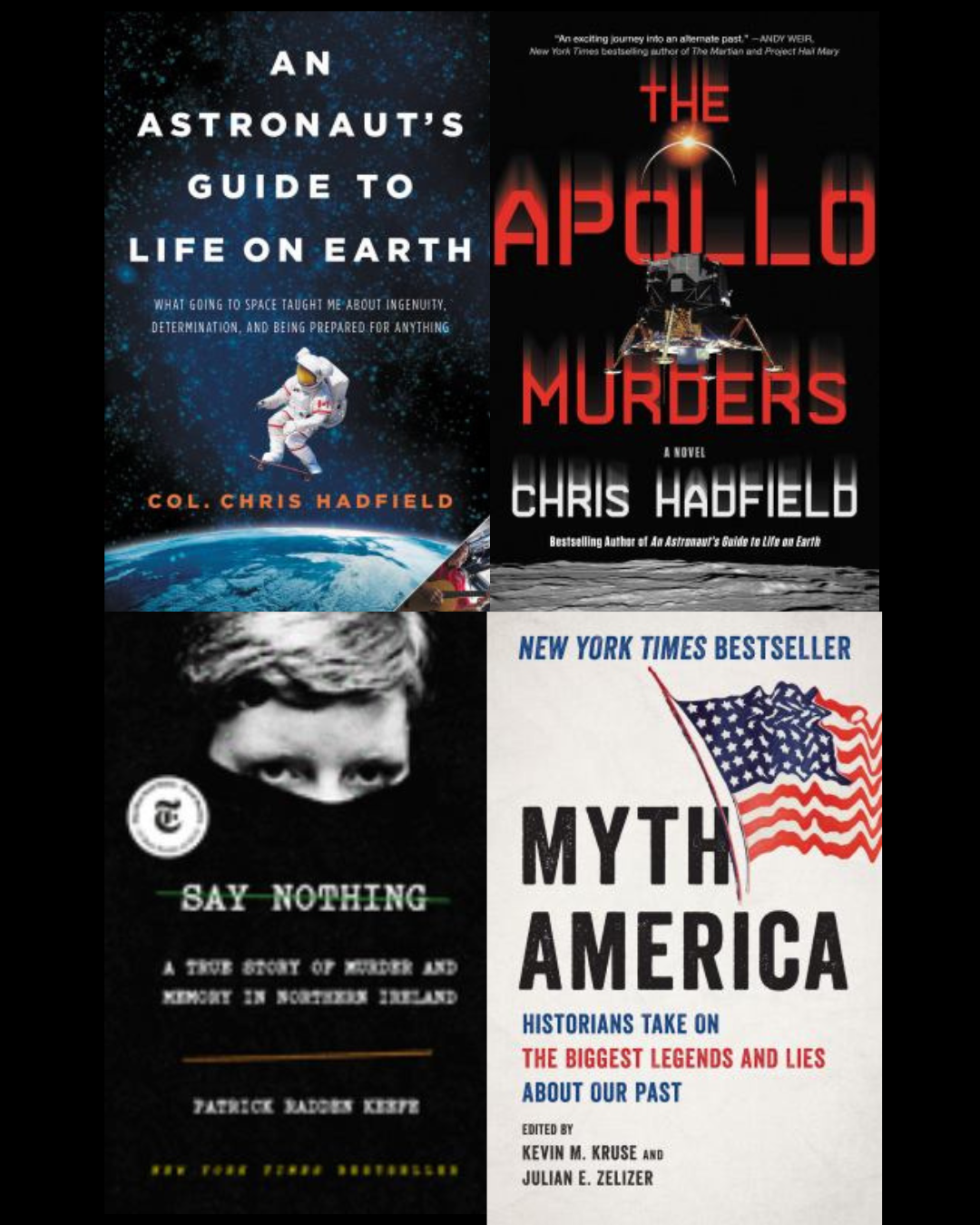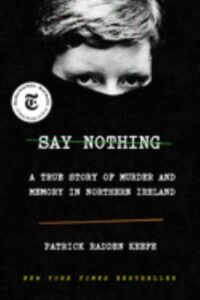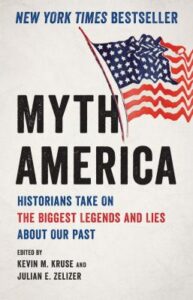Each summer, Pitts gathers summer reading recommendations from faculty and staff at Candler School of Theology. We hope you find something new and interesting that excites you in the wide variety of media we share this year! First up is Spencer Roberts, Head of Digital Initiatives and Technologies at Pitts. Spencer is part of countless projects at the library, but ones you may be most familiar with are the library website and Pitts’ partnership with Historic Rural Churches of Georgia. Let’s see what Spencer is reading when he’s not busy in the field:
“As one of the resident Canadians at Pitts and a historian, my summer reading recommendations range from an autobiography and novel by a famous Canadian astronaut to investigative journalism about murder and politics to public history that everyone should read.”
Astronaut Chris Hadfield
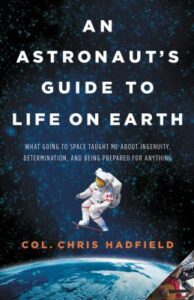
In addition to a successful career as fighter pilot, test pilot, engineer, and musical astronaut for the Canadian Space Agency, Chris Hadfield is also a bestselling author. He also happens to be from the same town as me in Ontario.
Hadfield’s biography, An Astronaut’s Guide to Life on Earth, is an interesting insight into the world of space missions—from years of training to space walks. It also contains useful lessons about how we live here on Earth. Check out this book from the Woodruff Library, Dekalb County libraries, or Fulton County libraries.
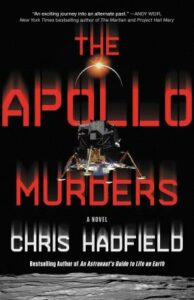
For a fictional tale of space informed by Hadfield’s years of experience, check out his first novel, The Apollo Murders, from Dekalb County libraries or Fulton County libraries. This historical fiction brings Cold War intrigue to the Moon during the 1970s Space Race. It’s filled with great characters, accurate details about space travel, and enough twists to keep thriller fans turning the pages. It may also be made into a TV series but you should read it first!
Say Nothing
Between historical fiction and history lies the world of investigative journalism. Patrick Radden Keefe’s Say Nothing: A True Story of Murder and Memory in Northern Ireland includes real-world murder mysteries, religious conflict, government abuses, and duplicitous traitors. Much like a historian, Keefe explores the documents and records available for that period to try to tell the whole story. But the truth is elusive.
Say Nothing also demonstrates the complexity of academic freedom and concerns about the privacy of research subjects. The stories of IRA members recorded and stored at Boston College were meant to be hidden long enough to protect the living. But when murders need solving, academic ideals aren’t always enough.
Find the book through Dekalb County libraries, Fulton County libraries, or read online through Emory Libraries.
Myth America
What parts of American history are true? What myths have we too often accepted or upheld? These are the questions that historians attempt to address in Myth America: Historians Take on the Biggest Legends and Lies About Our Past. Tackling topics from American Exceptionalism to Voter Fraud, some of the best historians in the nation contribute chapters that grapple with the complexities of the past and memory that shape a national identity. The book is written for a general audience and should be required reading for everyone living in the United States.
You can find a copy at Dekalb County libraries, Fulton County libraries, or Emory Libraries.
Like what you see? Stay tuned for more recommendations throughout the summer!

